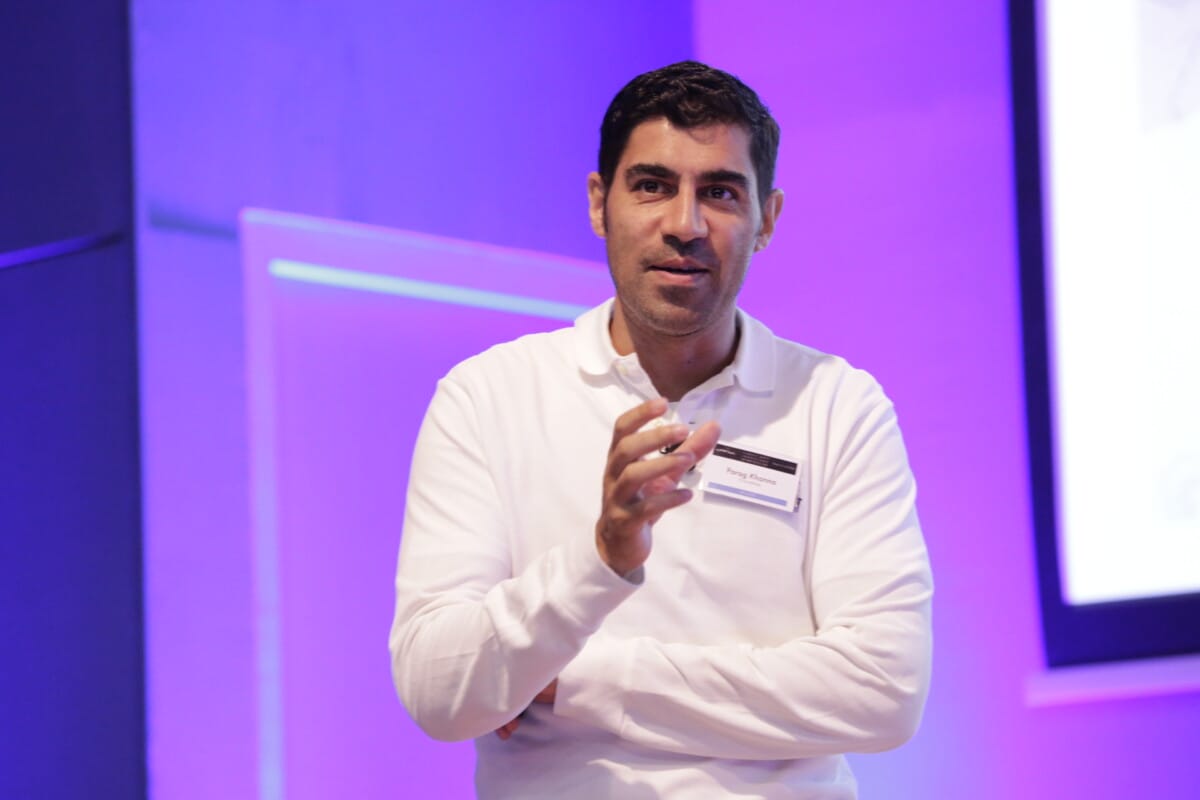Asia is going through its own sustainability journey, and it’s different from the transition pathways in Europe and North America. Robeco head of fixed income, Asia, Thu Ha Chow told the Top1000funds.com Fiduciary Investors Symposium in Singapore that this means investing in the region requires a unique, regional perspective.
Asia is going through its own sustainability journey, which is different from transitions in Europe and North America, and those nuances should not be lost on investors, according to Robeco’s head of fixed income, Asia, Thu Ha Chow.
Chow told the Top1000funds.com Fiduciary Investors Symposium in Singapore that it is challenging to get people in parts of the region such as the Middle East and other sceptics to participate in the debate and transition.
“They never felt the dialogue really related to them,” she said.
“I spent 15 years in Europe as a fund manager before I did the last 12 years here in Asia and a lot of people feel disenfranchised. If you understand the history of how sustainability developed within Europe and in that context, you can understand the adoption and history that’s there.”
Instead, Asia is going through its own sustainability journey, Chow said, noting it’s important everyone understands what that looks like.
“This is the most high-emitting region in the world,” she said.
“It also hosts 60 per cent of the population. There’s also the manufacturing base, as we know that’s also a highly intensive sector. Actually dealing with the issues we have in this region is going to make or break our own net zero issue.”
Additionally, Chow said, a lot of the standards and definitions adopted for ESG investing have not been helpful for the Asian region.
“There’s a big issue to deal with and there’s a lot of research that needs to be done to actually focus on this very high impact area,” she said.
“What Robeco has done over the last few years is expand our Asian presence to make sure that we actually understand the importance of regional IP.”
While global pathways for the net zero transition have been laid out, Chow said it is a flaw that they haven’t been regionalised.
“We know that technology, not only costs, but availability is very regional,” Chow said.
“Some places you can have solar; some places, like Indonesia, that is not actually a viable strategy. It needs regionalisation from both technology and costs and that’s another piece of work we’ve been working on.”
Asset owners and asset managers need to be working together on the transition, Chow said, but the shift in the last five years in Asia has sped up significantly.
“That’s probably because the impact is going to be felt more acutely here in this region,” Chow said.
“We’ve seen lots of regulations and definitions come to force. Things are beginning to happen and the region is beginning to start engaging in the dialogue that before they felt was not so important. With that is going to come some very interesting developments.”
Chow said the proportion of green social bonds issued in Asia is still small as a proportion of total issuance.
“What can asset managers do in response to this kind of challenge that we talked about?” Chow said.
“We’re beginning to do a lot of the work…but we do need to develop frameworks that actually help clarify those definitions for this region. We actually have to start embracing that there are multiple dimensions to transition as well as regional differences.”



